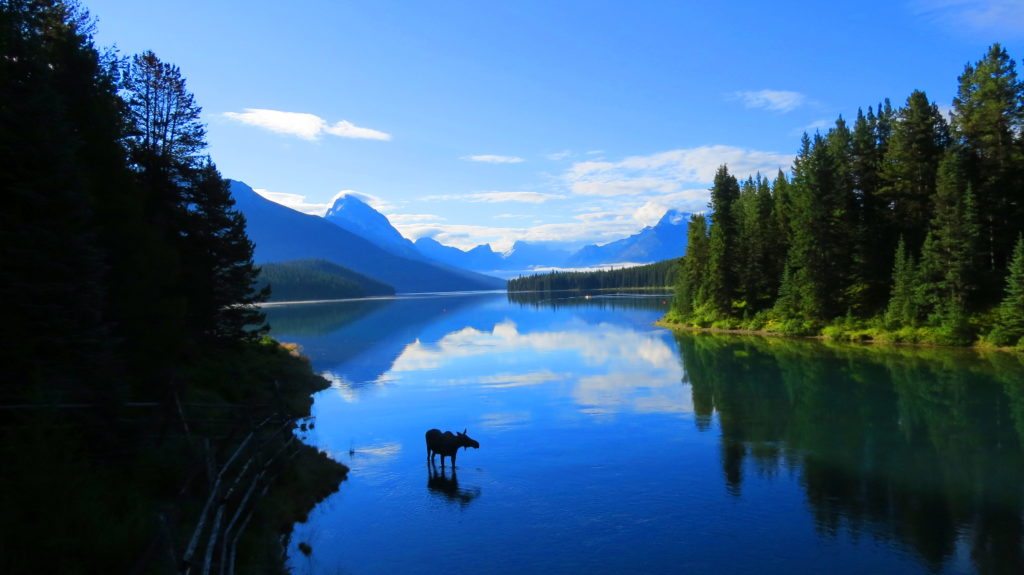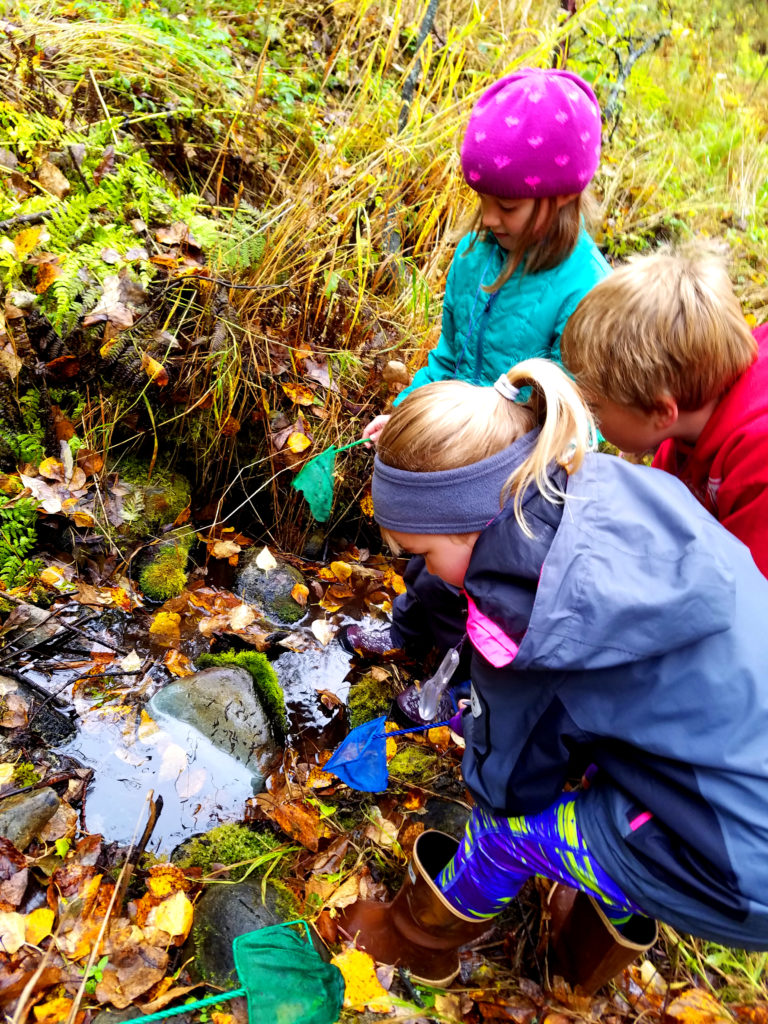
Maligne Lake, Jasper National Park, Canada
By Erin Moriearty
Graduate Student, Outdoor & Environmental Education
Alaska Pacific University
Like many lost and confused twenty-something-year-olds, I find myself really far from home pursuing an exciting new path.
After college, while spending a year serving as an AmeriCorps member I also did a bit of soul searching. My term was coming to an end and I had no plan for what I would do next. I didn’t really think I wanted to go to graduate school, so I decided I should start applying for jobs.
While surfing the web one day, not intentionally looking at schools, I stumbled on a website with a list of universities that would financially match the Segal Education Award received at the end of an AmeriCorps term. I clicked the first school on the list; alphabetically, it was Alaska Pacific University. I looked through the programs, found the Masters of Science in Outdoor and Environmental Education (MSOEE) program and thought “dang, that looks cool.” Before I knew it, I had taken the Graduate Record Examination (GRE) and applied.
Following my acceptance letter and 4,200 mile road trip to Alaska, I have begun graduate school. As part of the MSOEE program, I am now teaching a group of first graders at Kellogg FIELD School, an environmental education school for home schooled children.
Being brand new to the area, I started out knowing diddly squat about the flora and fauna of Alaska. I have often been impressed with my students while hiking in the woods, pointing to a dead tree, un-identifiable to me, and telling me what kind of tree it is based on the angle of the branches, and pointing out various animal tracks. They can pick flowers and plants and are able to rattle off their names, and know which berries are edible and which are deadly.
When I think about it, I realize I didn’t know this much detail about local wildlife when I was in first grade. I was only just learning some of these things about my local wildlife when I left home for Alaska.
In my OEE Literature class I am learning about place-based education. I realize that is exactly what FIELD School provides students, and how impactful it is on the students, being so in tune with their land and knowing so much more about it than their twenty-something teacher.
Learning about place-based education, and experiencing it alongside my students as I teach it, has helped me develop a stronger sense of place. This has also made me realize that, though I got in to grad school and am pursuing my masters degree with delight, I still might not be smarter than a first grader.

Kellogg Field School students exploring aquatic invertebrates in Spring Creek
